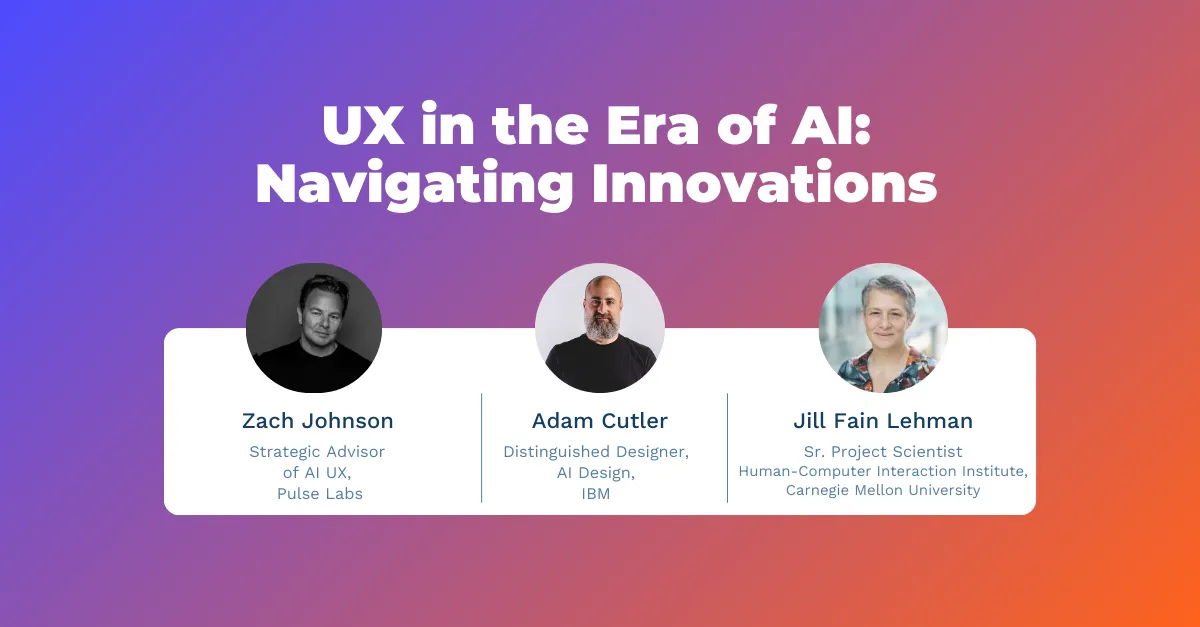Users are wary of proprietary data in AI's hands
The increasing use of AI has raised numerous apprehensions surrounding the privacy of personal data, both from businesses and individuals. AI systems depend on vast volumes of data to acquire knowledge and formulate predictions, thereby prompting concerns about the gathering, handling, and safeguarding of sensitive information that individuals or companies may provide. Users do seek a more tailored experience from AI, and often find themselves sharing a lot of personal identification in their queries, as we indicated in our earlier Pulse IQTM Report, “People Willing To Give Data to AI Platforms for Personalization.”
However, in the context of work, given the proprietary nature of information AI users have access to, privacy concerns get more complicated. In our recent work-focused Pulse IQ research, we asked participants, “How concerned are you about the possibility of putting proprietary information or customer data (for example, personally identifiable information) into an AI tool?” An overwhelming 62% of users expressed moderate to high concern, underscoring the paramount importance of data security and privacy in professional contexts, especially for those in finance, legal, HR, or other roles where they may have access to highly confidential business or customer information.










